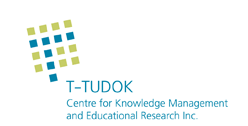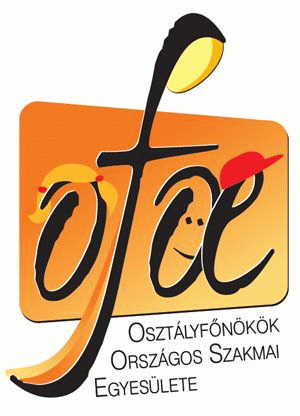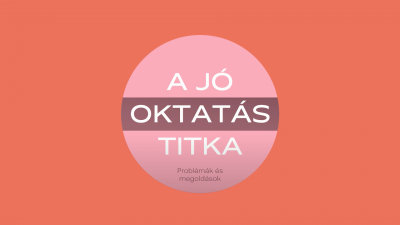National report on Hungarian results in the OECD Programme for the Assessment of Adult Skills and Competencies (PIAAC) (2021)
Main results of the PIAAC survey
The Hungarian adult population performed around the OECD average in reading comprehension and problem solving, and above the OECD average in numeracy. The performance of those with higher education degrees in Hungary is outstanding, and the performance of graduates is higher than the average performance of those with similar qualifications in OECD countries. Studying in Hungary offers higher-level skills, excellent problem-solving abilities, and a high return on the labour market. Good problem-solving skills are, however, based on good reading comprehension and numeracy skills. Conversely, poor reading comprehension prevents someone from truly acquiring basic computer skills, and even if they do acquire them, they have severe difficulties in handling and understanding information.
Better reading and numeracy skills increase the chances of activity and employment, and for women, earnings. Language skills also provide a significant earnings advantage, but the level of foreign language skills of Hungarian youth and adults is low in international comparison. Better skills have a positive impact not only on labour market success, but also in other areas of life. Those who performed better in the survey are more politically active and rate their health as better.
However, in Hungary, there are substantial differences in performance even in OECD comparisons. On the one hand, those with higher education performed better in all three skill areas, but the difference between education categories and skill areas is not the same. For example, there is hardly any difference between the performance of skilled workers and those with primary school education. On the other hand, as in the PISA studies, we also experience that the effect of family background on performance is powerful. The more educated someone’s parents are, the better they perform.
If we look at the results of adults dynamically, we see that the performance of Hungarian youth is no better than that of older people in numeracy, which does not bode well for the future. While it is a general phenomenon that the level of skills decreases with age, this process is less straightforward in our country. Participation in adult education is low, with Hungarians participating at almost half the EU average.
We use our skills less in the workplace. Interestingly, in Hungary, we are above the OECD average in the everyday use of numeracy skills, and below the average in the intensity of the use of the same skill in the workplace. It is striking that in the Central and Eastern European region, Hungary has the lowest rate of workplace learning. However, the workforce, especially the more educated, would like to learn new things at work. Still, most Hungarian workplaces do not require the intensive use of various skills, nor do they offer learning opportunities.
The special feature of the Hungarian survey was that, in addition to the sample representing the adult population, an additional subsample was also taken, in which registered job seekers participated. An important lesson from a labour market perspective was outlined from the data, namely that those who were registered job seekers have a significantly lower skill level than the members of the full sample.
Recommendations:
The fact that Hungarian young people have skills that are slightly better than those of their elders is a cause for concern. The chances of employment are significantly increased by problem-solving skills, which are closely related to reading comprehension skills. Initial disadvantages are difficult to overcome later, as evidenced by the fact that older and less educated individuals find it very challenging to participate in adult education. This shows that basic skills must be established at a young age.
The fact that there is a lag in numeracy skills even among young people draws attention to the need to strengthen competence development in the fields of public education and vocational training.
However, higher education also faces challenges, as the skills of young people with higher education are not higher than those of middle-aged graduates. The reforms launched in vocational training, which allow for greater flexibility in teacher employment and curriculum, as well as the reliance on the project method and the shift away from subjects, seem encouraging. Similar changes that develop creativity and problem-solving skills would be needed in public education and higher education.
Computer skills and foreign language skills are particularly valuable in the Hungarian labour market, and the range of training that provides these skills, together with the development of reading comprehension and problem-solving skills, should also be expanded in adult education.
The chances of employment are significantly reduced by poor health or the presence of small children in the family. Therefore, improving employment is unthinkable without coordination between the social, health, and education ministries. Hungarian workplaces should be transformed into skill-intensive and training-friendly places.
More information about the reports is available on the NSZFH website.
The reports can also be downloaded from here.








